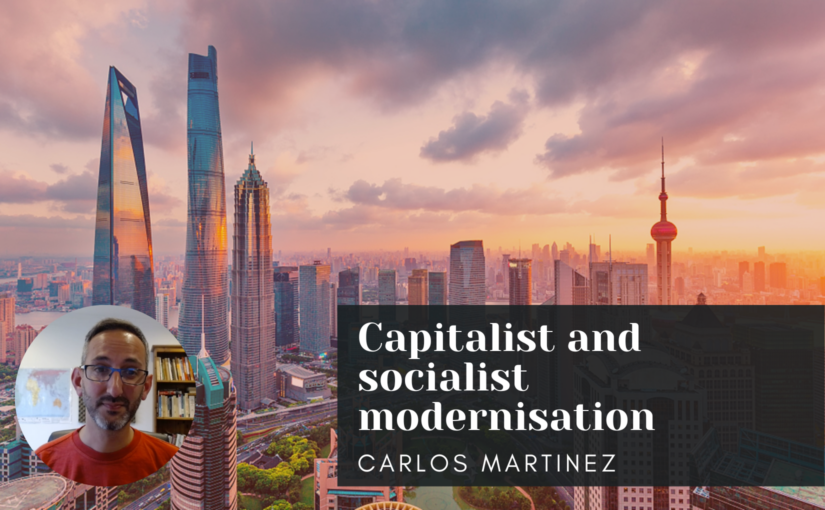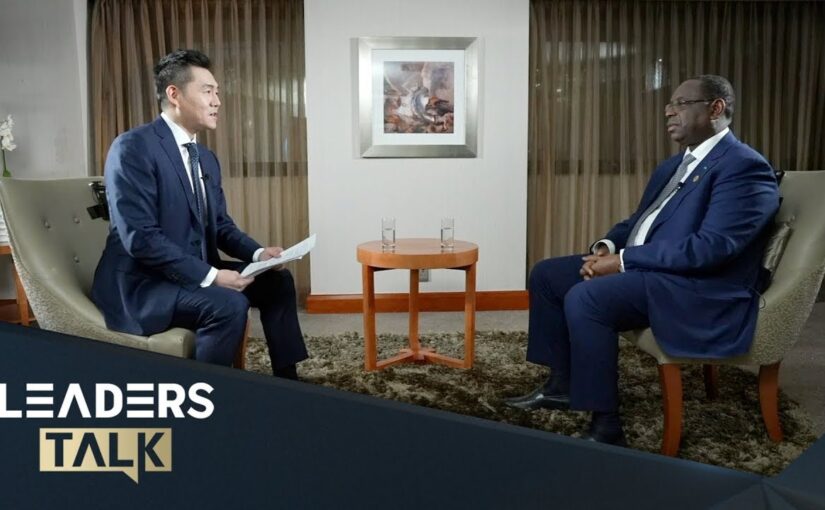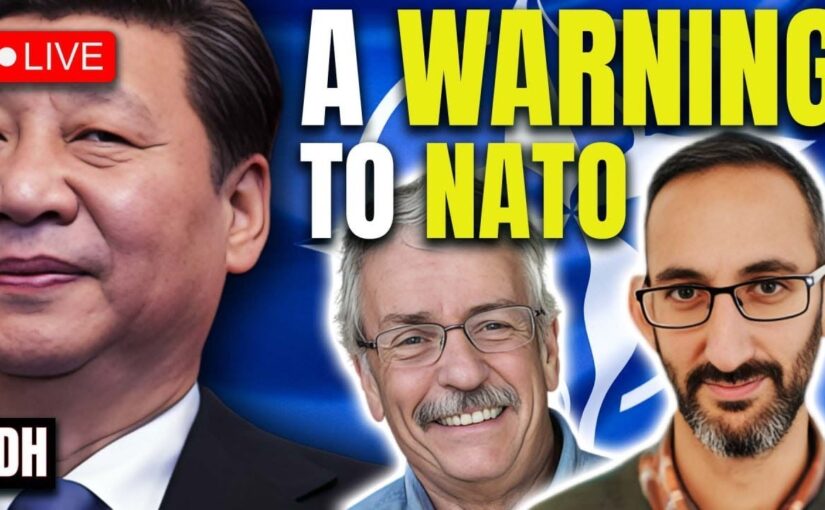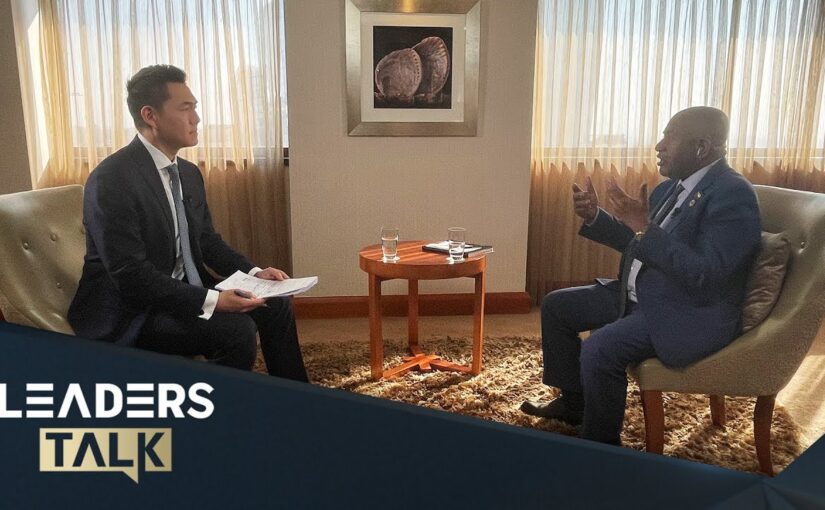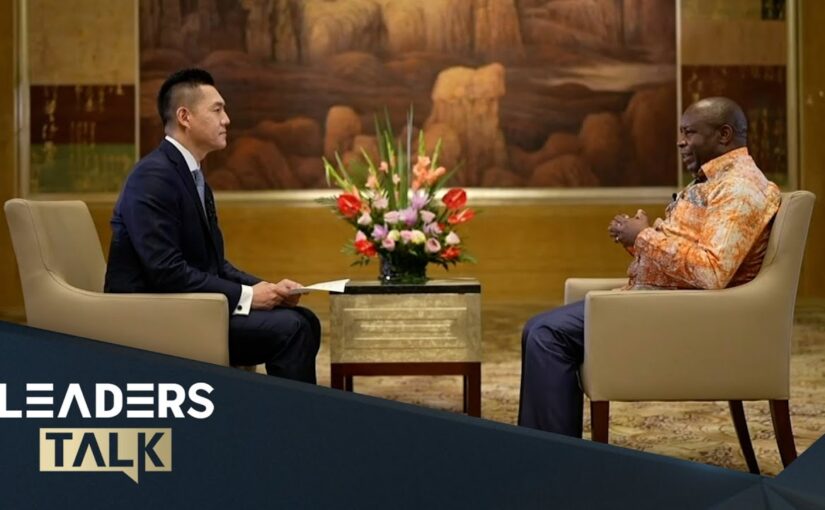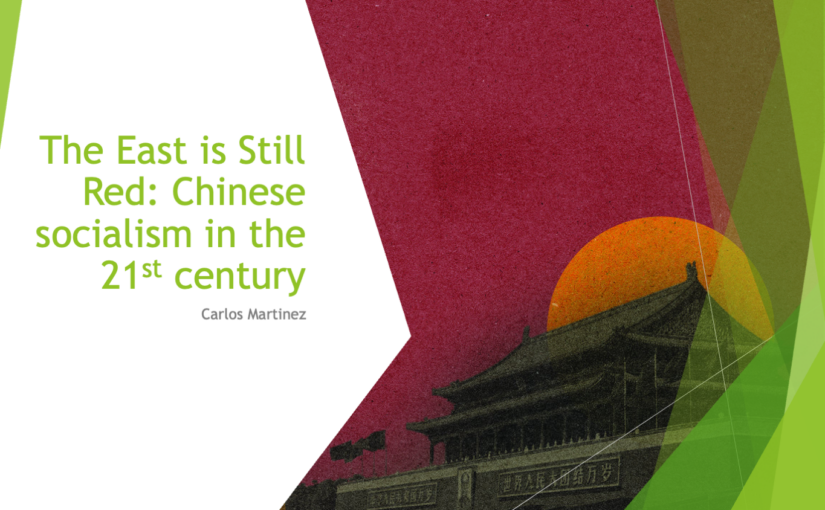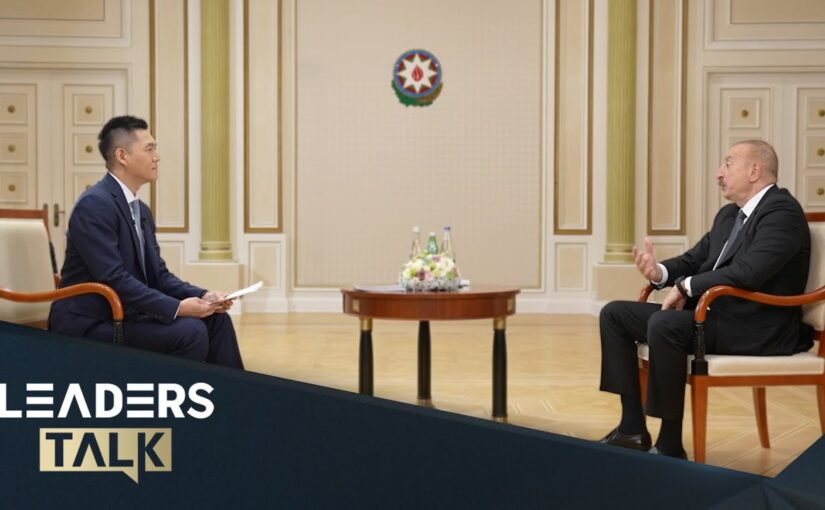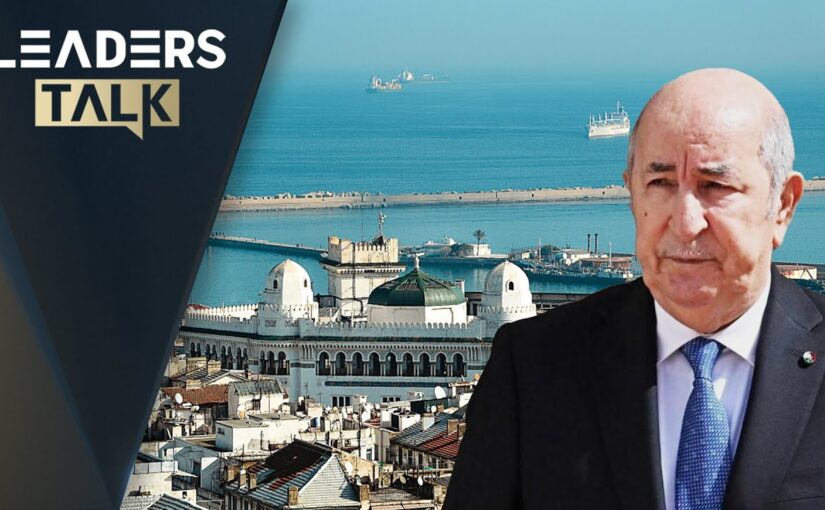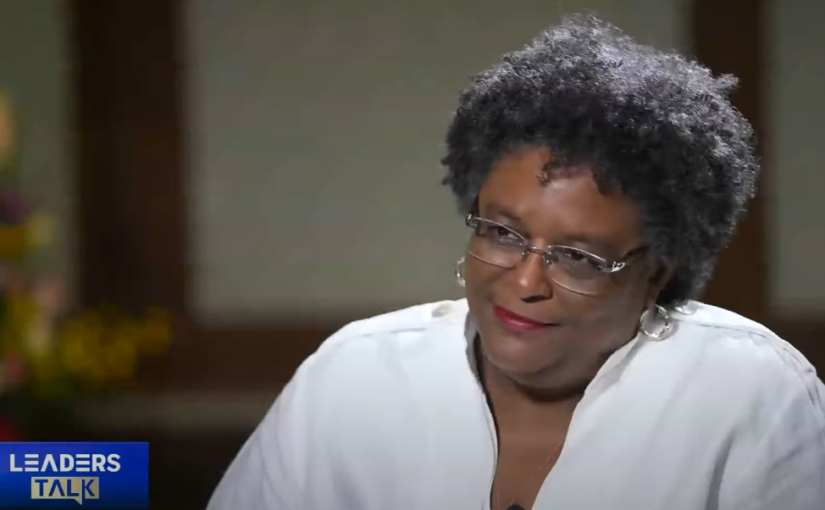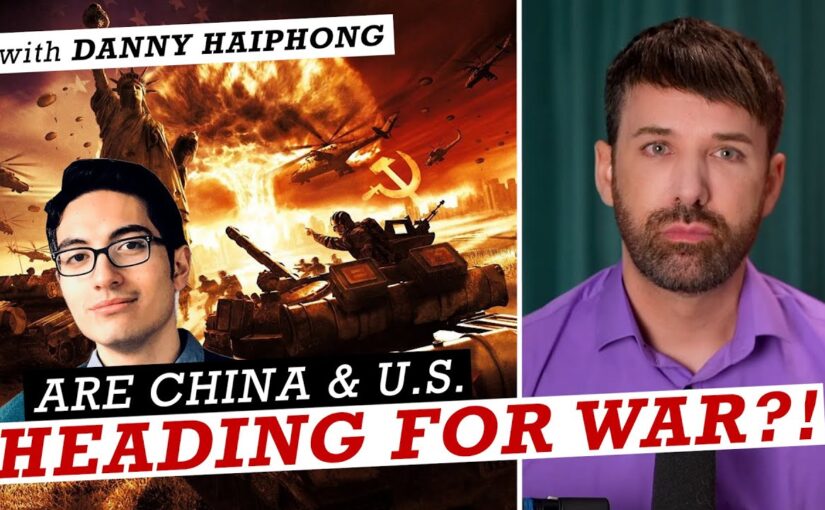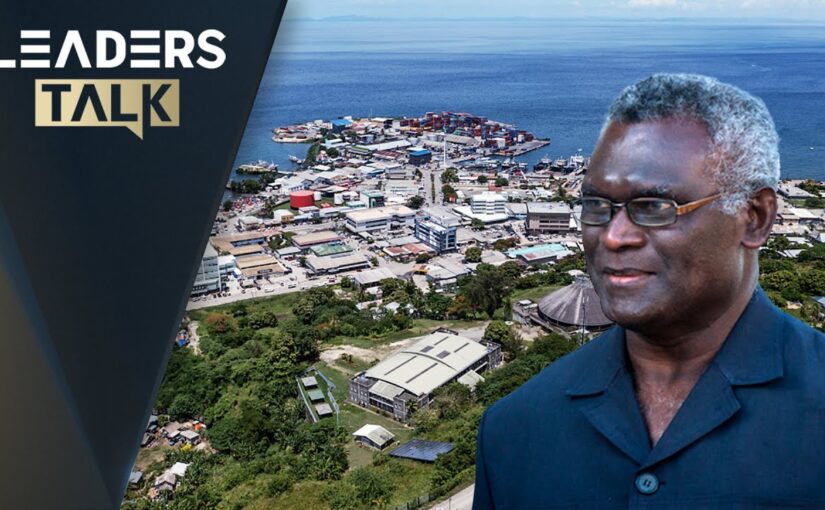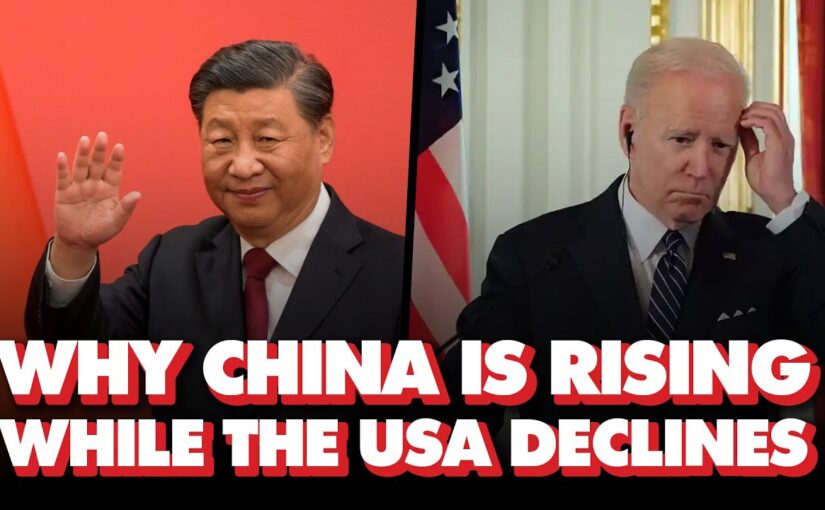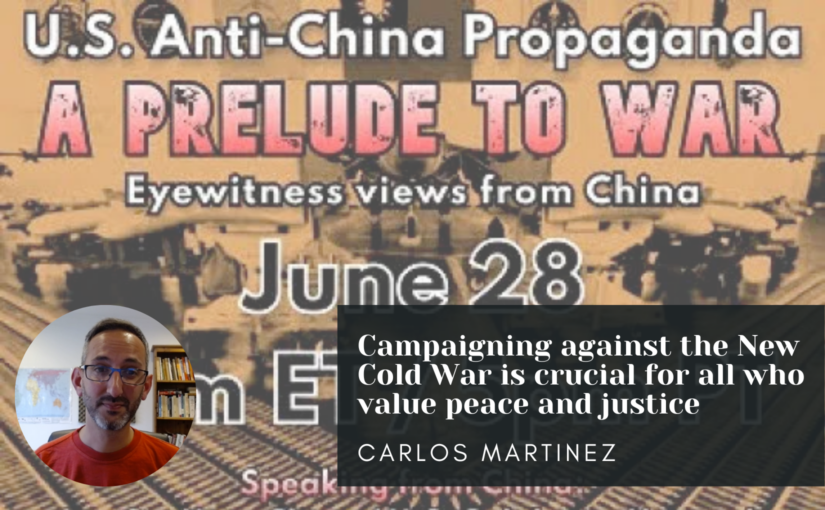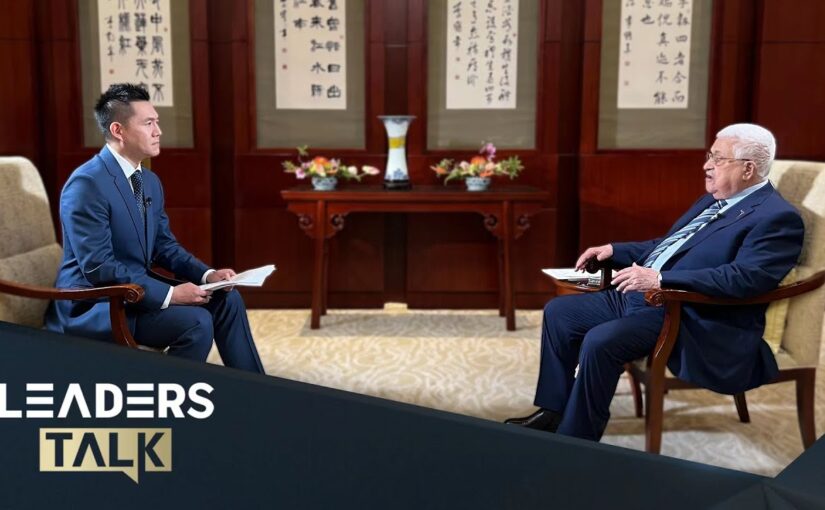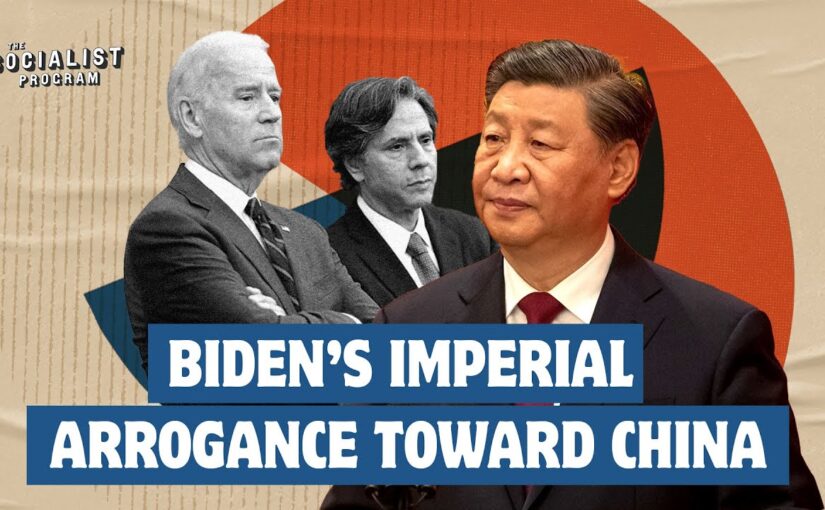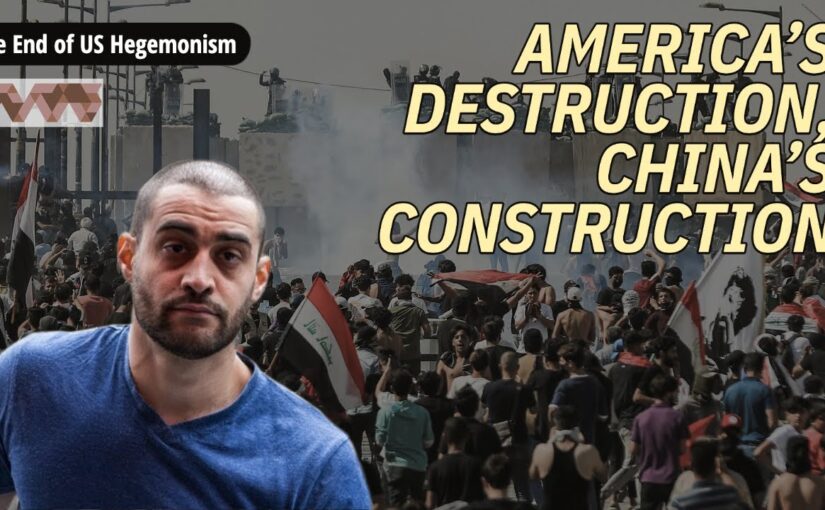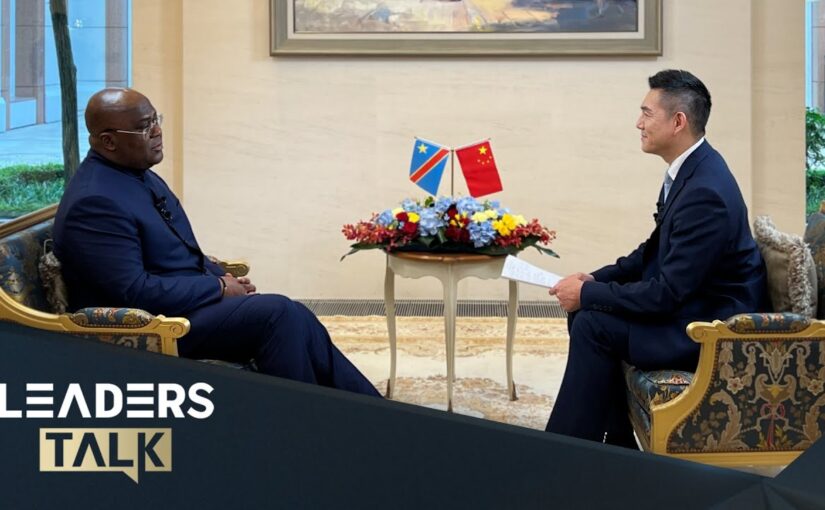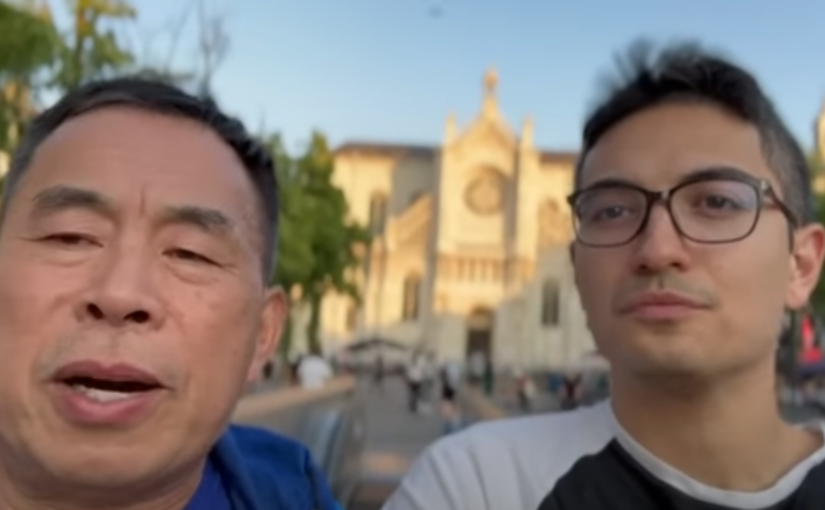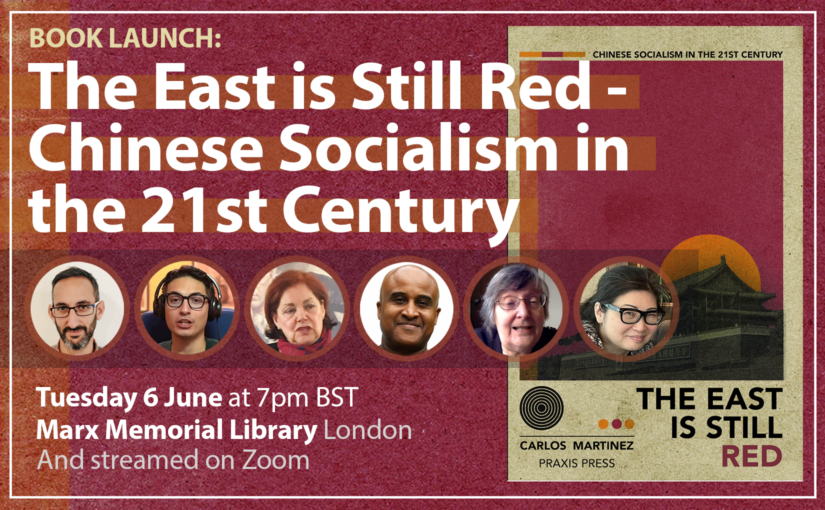The Sixteenth Forum of the World Association for Political Economy (WAPE) took place from 25 to 27 September 2023 in Fuzhou, China, co-organised by Fujian Normal University. The theme of the forum was Chinese modernisaton and the prospects of world modernisation. Although unable to attend in person, Friends of Socialist China co-editor Carlos Martinez was invited to submit a video presentation.
Carlos’s presentation, entitled Capitalist and socialist modernisation, takes up a number of questions: What is modernisation? Is modernisation desirable? How has modernisation been achieved in the West? What is China’s modernisation plan? What are the unique characteristics of Chinese modernisation? How does socialist modernisation differ from capitalist modernisation? What effect does China’s modernisation on the global journey towards development and socialism?
The video and the text of Carlos’s presentation are available below.
What is modernisation, and is it necessary?
Modernisation is a somewhat nebulous concept. It means different things to different societies at different times. By definition, its parameters are constantly changing.
In the broadest sense, it means adapting to the latest, most advanced ideas and techniques for meeting humanity’s material and cultural needs.
In sociology, there is more or less an equals sign between modernisation and industrialisation, and is generally held to begin with Britain’s Industrial Revolution. We can think of it essentially as the transition from ‘developing country’ status to ‘developed country’ status; from a predominantly rural society to a predominantly urban society; from a technologically backward society to a technologically advanced society.
Is this desirable? Beauty is of course in the eye of the beholder, but most people consider modernisation to be desirable, because it enables higher living standards for the masses of the people.
With modernised industry, production techniques, communication methods, transport systems, energy systems and healthcare strategies, there exists the possibility of providing a healthy, meaningful and dignified life to all, such that each individual has reliable access to a healthy diet, to decent housing, to clothing, to education, to healthcare, to a vibrant cultural, social and intellectual life, and to fulfilling work. In short, modernisation makes it possible to attend to people’s basic human rights.
The fruits of modernisation have thus far been divided extremely unequally: the process of industrialisation in North America, Europe and Japan has created previously unimaginable wealth for a few, but this has been accompanied by desperate poverty and alienation for significant numbers. However, modernisation creates a material basis for common prosperity, far beyond what a pre-modern economy can offer.
Specifically in the case of China, the government has set a goal of “basically realising socialist modernisation by 2035”, and has defined some parameters for this:
- Reaching a per-capita GDP on a par with that of the mid-level developed countries such as Spain or the Czech Republic
- Joining the ranks of the world’s most innovative countries in the realm of science and technology
- Becoming a global leader in education, public health, culture and sport
- Substantially growing the middle-income group as a proportion of the population
- Guaranteeing equitable access to basic public services
- Ensuring modern standards of living in rural areas
- Steadily lowering greenhouse gas emissions and protecting biodiversity, so as to restore a healthy balance between humans and the natural environment
If achieved, these aims will constitute a significant – indeed world-historic – improvement in the living standards of the Chinese people, and will blaze a trail for other developing countries.
How did the West modernise?
But is China doing anything new? After all, it won’t be the first country to achieve modernisation.
In mainstream modernisation theory in the West, the dominant narrative is that the countries of Western Europe, North America and Japan achieved their advances via a combination of good governance, liberal democracy, free-market economics, scientific genius, geographical serendipity and a dash of entrepreneurial spirit.
Historical investigation reveals a considerably different story.
The most important precursors of the West’s modernisation are colonialism, slavery and genocide. The conquest of the Americas, the settlement of Australia, the transatlantic slave trade, the colonisation of India, the rape of Africa, the Opium Wars, the theft of Hong Kong, and more. The profits of colonialism and the slave trade were essential for propelling the West’s industrialisation, as was so eloquently uncovered in Eric Williams’ classic 1944 work, Capitalism and Slavery.
As Karl Marx famously wrote in Volume 1 of Capital: “The discovery of gold and silver in America, the enslavement and entombment in mines of the aboriginal population, the beginning of the conquest and looting of the East Indies, the turning of Africa into a warren for the commercial hunting of black-skins, signalled the rosy dawn of the era of capitalist production.”
Such is the ugly truth of European modernisation. And the story is not so different in the United States. Many of the so-called founding fathers of that country were slave-owners, and they established a slave-owners’ society. They went to war against the indigenous peoples and against Mexico in order to expand their territory.
In the 20th century, having established their domination over the Americas, they constructed a neocolonial global system that is still in place to a significant degree, imposing American hegemony on the world.
A network of 800 foreign military bases. NATO. An enormous nuclear arsenal. Genocidal wars waged on Korea, Vietnam, Laos, Cambodia, Yugoslavia, Afghanistan, Iraq, Libya. Systems of economic coercion and unilateral sanctions.
Proxy wars, coups, regime change projects, destabilisation.
This is the global system of violence that has facilitated and accompanied North American modernisation.
Japan’s rapid rise was facilitated first by its brutal expansionist project in East Asia, particularly Korea and China, and then through adaptation to and integration with the US-led imperialist system, the much-vaunted ‘rules-based international order’.
South Korea, Singapore and Taiwan Province constitute the small handful of non-imperialist territories that have been able to achieve modernisation, but these are special cases. Their shared proximity to China and the DPRK is no coincidence; they have been inducted into the imperialist club by the US, to play a dual role as regional policemen and living advertisements for capitalism on the frontline of its confrontation with socialism. Both roles rely on at least a certain degree of prosperity for a section of the population.
There is no shortage of countries of the Global South which have attempted to apply the “liberal democracy plus free market capitalism” formula, but none have been successful in modernising. Indeed the West’s prescriptions for (and interference in) developing countries have largely led to chaos and disaster.
The contrast between the West’s success in modernising and the Global South’s failure has fed into a largely unspoken but widespread and pernicious racism: an assumption that white people are somehow inherently more advanced than everyone else.
This supremacism is allowed to fester, because in addition to dividing working class and oppressed communities, it provides convenient cover for the reality that capitalist modernisation is built on the foundations of colonialism, imperialism and hegemonism.
As Kwame Nkrumah commented, “in the era of neocolonialism, under-development is still attributed not to exploitation but to inferiority, and racial undertones remain closely interwoven with the class struggle.”
How is China modernising?
China’s journey towards modernisation starts in 1949 with the founding of the People’s Republic, the early construction of socialist industry, land reform and the extirpation of feudalism and the landowning class, and the provision of at least basic levels of education and healthcare services to the whole population.
In 1963, Premier Zhou Enlai, supported by Liu Shaoqi, Deng Xiaoping and Chen Yun, first raised the question of the Four Modernisations: of agriculture, industry, national defence, and science and technology. Despite a complex political environment this goal was revived in the early 1970s, and, with the launch of reform and opening up in 1978, China accelerated its pursuit of those goals, and ushered in an era of rapid development of the productive forces and improvement in the people’s living standards.
China’s journey of modernisation has evolved again in recent years with the pursuit of the second centenary goal: of building a great modern socialist country that is prosperous, strong, democratic, culturally advanced, harmonious and beautiful by 2049.
China is on a fast track to becoming an advanced, developed country, and this process stands in stark contrast to the West’s modernisation process:
First, China’s modernisation is built on the efforts of the Chinese people rather than on war, colonialism and slavery.
Second, its fruits are to be shared by everybody, not dominated by the wealthy. As General Secretary Xi Jinping said in his work report to the 20th National Congress of the Communist Party of China, China’s modernisation is “the modernisation of common prosperity for all.”
Even today, not everyone in the West is able to enjoy the fruits of modernisation. Consider for example the US, where tens of millions lack access to healthcare; where over half a million people are homeless; where life expectancy for African Americans is six years less than for their white counterparts; where – according to the US Department of Education – over half of adults read below a sixth-grade level.
Third, China’s modernisation is becoming a green modernisation, fuelled by clean energy, careful not to destroy the planet that sustains us. Again quoting Xi Jinping’s work report, “it is the modernisation of harmony between humanity and nature.”
Capitalist modernisation has had a disastrous impact on the environment. With 4 percent of the global population, the US alone is responsible for 25 percent of historic greenhouse gas emissions. The simple fact is that humanity literally cannot afford for China’s modernisation to follow this pattern.
Socialist modernisation will become the ‘new normal’
The West’s modernisation path is not open to the countries of the Global South, and it wouldn’t be desirable even if it were. Today, the road of capitalist modernisation is closed, so how is China able to modernise?
China does not have an empire, formal or informal, but it does have a particular advantage of being a socialist state, a “people’s democratic dictatorship based on the alliance of workers and peasants”, to use Mao Zedong’s expression. Such a state can use its power to direct economic activity towards the goals of the social classes it represents.
Thus the specificities of China’s modernisation – the commitment to common prosperity, to ending poverty and underdevelopment, to preventing climate collapse and to peaceful development – are a function of China’s political system, its revolutionary history, and the leadership of the CPC.
At a meeting of the Chinese Academy of Sciences in 2016, Xi Jinping made this point very succinctly: “Our greatest strength lies in our socialist system, which enables us to pool resources in a major mission. This is the key to our success.”
Or as Deng Xiaoping famously commented in 1984: “the superiority of the socialist system is demonstrated, in the final analysis, by faster and greater development of the productive forces than under the capitalist system.”
In a world still largely dominated by capitalism – and an intellectual world still dominated by bourgeois ideology – it’s easy to forget this system’s fundamental and irreconcilable contradictions, which Marx identified with such clarity and profundity 150 years ago; contradictions which lead inexorably to inefficiency, stagnation and crisis. A political economy directed at the production of exchange values rather than use values can never result in common prosperity.
In China, the capitalist class is not the ruling class and is therefore not able to direct the country’s resources according to its own prerogatives. At the top level, resources are allocated by the state, in accordance with long-term planning carried out by, and in the interests of, the people.
This is what is enabling a new type of modernisation, which is blazing a trail for socialist and developing countries the world over.
The fruits of this process are being shared with the world, via mechanisms such as the Belt and Road Initiative and the Global Development Initiative, which are creating a path for the countries of the Global South to break out of underdevelopment, even where they lack China’s resources and political advantages.
As such, China’s evolving modernisation has great historic significance, and offers valuable lessons for the world. It is an embodiment of historical materialism in the current era: capitalism has long since exhausted its ability to fundamentally drive human progress, and therefore the future lies with socialism.
